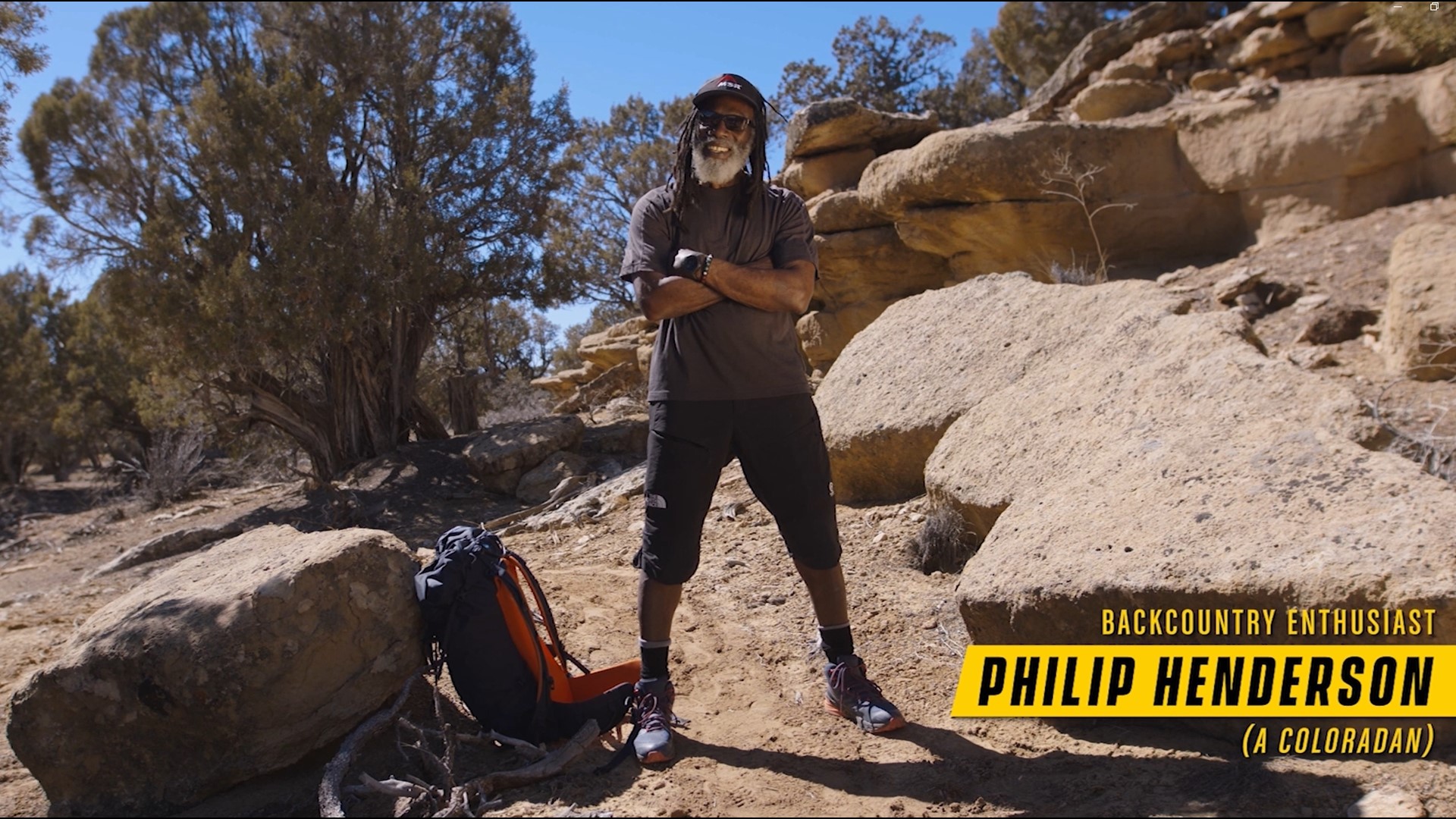COLORADO, USA — PAID FOR BY COLORADO TOURISM OFFICE
With over 8.3 million acres of beautiful public terrain, Colorado’s backcountry offers amazing thrills for beginner and professional explorers alike. If you’re looking to explore Colorado’s more remote landscapes this summer, here are 9 essential tips to help prepare you for your trip to the backcountry.
Prepare for anything. Exploring the backcountry can be lots of fun, but that doesn’t mean there aren’t risks. These could include getting lost, being struck by lightning, becoming injured or experiencing hypothermia. No matter the activity, you could also run into the risks of storms, wildfires, falling debris, and flash floods. Being aware of these hazards can assist in preparing for all conditions and will set you up for a more enjoyable experience outdoors.
Plan ahead. This is a critical first step. Before heading out, do some research on the area you are exploring. What equipment do you need? When is the best time to go? All of these small questions can make a big difference in ensuring a positive outcome when preparing for your trip.
How’s the weather? Weather at high altitudes can be unpredictable. Check the forecast to lower your risks of getting caught in a storm. Being prepared for the weather you’re not expecting is just as important as preparing for the forecast on your radar so be sure to have a raincoat and other protective gear that will keep you safe in any condition. If you do get caught in the storm, move away from high elevation, tall objects and water.
Pack essential items. Be ready for anything by packing the essentials. Items you need to have on hand include a first aid kit, sun protection, clothing layers, snacks and plenty of water. These simple items can make a big difference in your experience and safety.
Do not rely on your GPS. Our smartphone’s navigation systems are convenient, but not always reliable in remote locations. To avoid getting lost, make sure to utilize trail-mapping apps, like the free Colorado Trail Explorer (COTREX) app, that provide offline map navigation or bring a paper map so you don’t have to worry if your phone dies.
Be aware of altitude sickness. Altitude sickness affects everyone differently and can strike anyone anytime regardless of age or physical condition due to there being less oxygen at higher elevations. Signs of altitude sickness can include headaches, dizziness, shortness of breath and fatigue. If it worsens, emergency symptoms could cause rapid pulse, loss of balance, slurring words and lack of coordination. Drink plenty of water, only practice what your body can handle and move to lower elevation if you are feeling any of these symptoms.
Tell a friend. Whether you are traveling alone or going with others, let someone staying behind know where you are, the route you plan on taking and when you expect to return. If something were to go wrong, people need to know where to find you and how to help.
You can never be too prepared. Seeking out backcountry education and training is a great way to approach the outdoors with confidence. If you are going on a trip in uncharted territory, learn how to succeed from the professionals, whether you’re taking a class or bringing along a guide.
When in doubt, turn around. If you are starting to not feel well or the weather is starting to change for the worse, it is okay to cut the trip short. Colorado’s beautiful landscapes will still be there to explore another day. The adventure is not worth risking your life.
Sponsored by: Colorado Tourism Office
THIS ARTICLE INVOLVES COMMERCIAL CONTENT. THE PRODUCTS AND SERVICES FEATURED APPEAR AS PAID ADVERTISING. FOR MORE INFORMATION, EMAIL US.
COLORADO & COMPANY IS A PART OF 9NEWS AND FEATURES COLORADO EVENTS, COMPANIES, BUSINESS PEOPLE AND OTHER GUESTS FROM AROUND THE COUNTRY.

